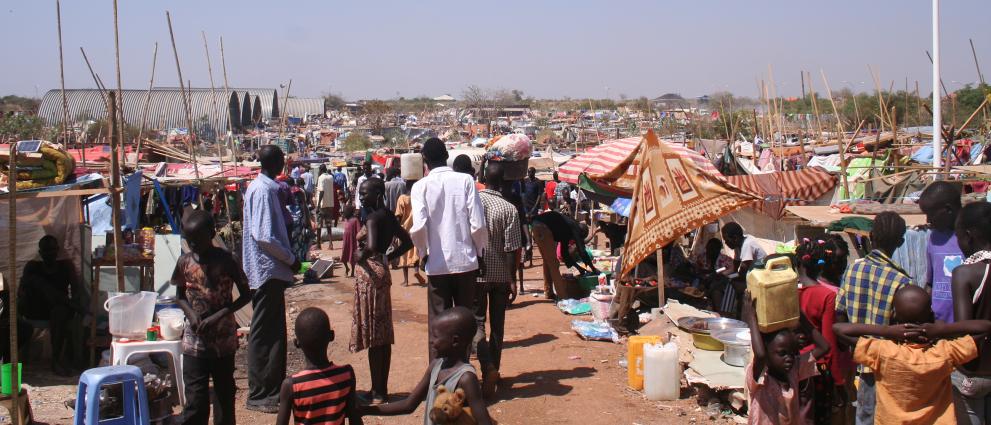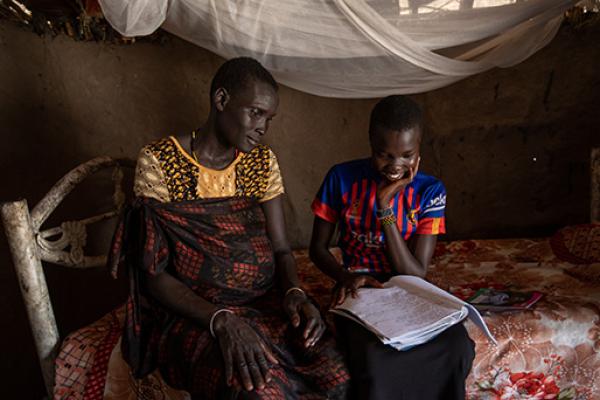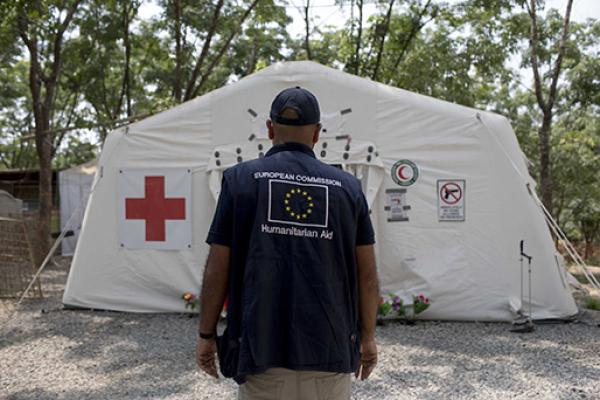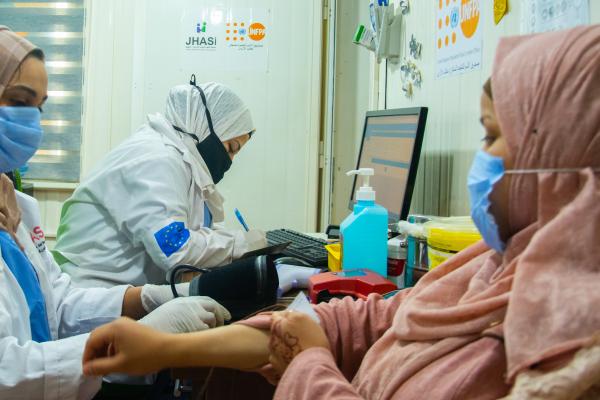
In response to the possible spill-over of Sudan’s cholera epidemic, the EU announced today new funding of €600,000 to South Sudan, to contribute to the preparedness and to the response of a possible cholera outbreak in South Sudan.
The funding comes from the EU’s Emergency Toolbox, one instrument to assist in sudden-onset crises specifically dedicated to emergency response for vulnerable people outside the EU. This funding adds on to the EU humanitarian aid allocated to the country this year.
With more than 7,000 cholera cases and 200 associated deaths spread in 9 states as a direct consequence form the ongoing violence between the Sudanese Armed Forces and the paramilitary Rapid Support Forces, Sudan has been grappling with severe cholera outbreak.
The daily surge of refugees and returnees coming from Sudan, currently at 1,233 per day, poses a significant public health risk for South Sudan.
Nearly 500,000 refugees, returnees and host communities living in the returnee/refugee host counties of Renk, Malakal and Maban in the Upper Nile state today face heightened risk of cholera. This risk is underscored by the positive sample of a returnee from Sudan at the Renk Transit Center, reported by the National Public Health Laboratory (NPHL) in Juba on the 30th of November.
A possible cholera outbreak would put a strain on the onward transportation of returnees and refugees, which is needed to decongest the counties receiving refugees and returnees with an overstretched health system.
South Sudan is endemic to cholera due to persistent floodings, conflict displacement, poor access to health, water and sanitation services, poor socio-economic conditions and acute food insecurity. Since 2006, the country has registered 8 cholera outbreaks.
The current situation further aggravates the already dire conditions of a vulnerable population grappling with multiple challenges. In 2024, an estimated 8.9 million South Sudanese will require humanitarian assistance, including 2 million internally displaced persons and over 328,000 refugees and asylum seekers.
The additional humanitarian funding will support our humanitarian partner World Health Organization (WHO) in its work on early detection, case management, setting up treatment centers and oral rehydration points, sample collection, training of staff and implement Infection, Prevention and Control and sanitation standards.
The funding will also be used to ensure the procurement of supplies and distribution of investigation and treatment kits.
Background
South Sudan is facing the worst humanitarian crisis since independence due to continued conflict, climate change and macro-economic shocks.
The health situation is generally very worrying with 6.1 million people having limited access to essential healthcare services. Epidemic outbreaks, and water-borne and endemic diseases are reported, particularly in internally displaced persons’ sites and congested settlements.
In 2023, the EU allocated over €95 million for humanitarian actions covering the response to food insecurity, violence and displacement across South Sudan, and more than €889 million since 2014.
In addition, EU humanitarian funds support addressing critical humanitarian needs through emergency lifesaving activities, particularly when facing new shocks and support the humanitarian response in border areas.
The EU provides also assistance for the onward transportation of South Sudanese returnees and refugees fleeing the conflict in Sudan.
Details
- Publication date
- 22 December 2023
- Author
- Directorate-General for European Civil Protection and Humanitarian Aid Operations (ECHO)



